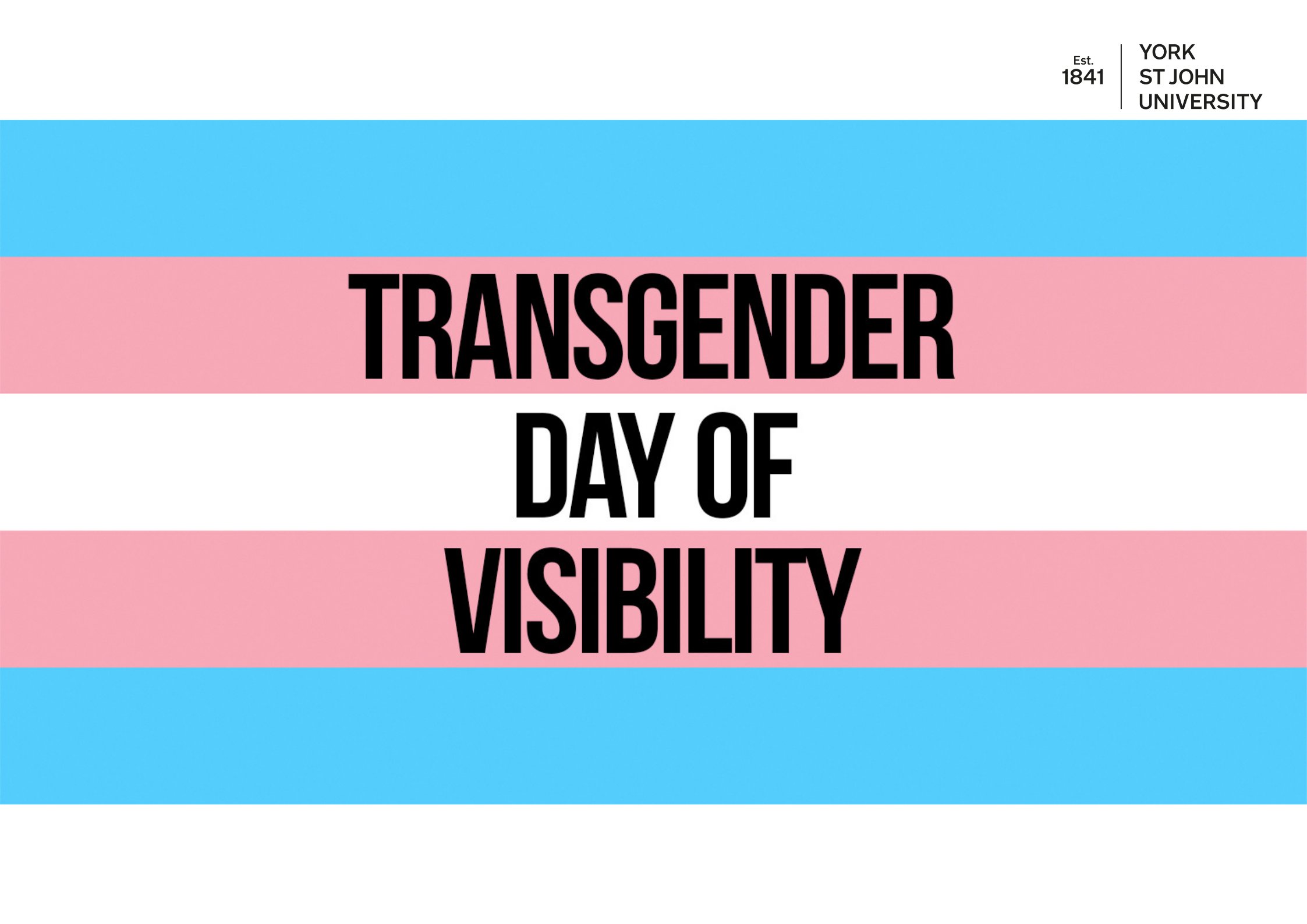In Ordinary People (2018), Diana Evans raised the curtain on a moment of euphoria: a houseful of glamorous, well-connected, predominantly Black Londoners partying in celebration of the 2008 election victory of Barack Obama. That celebration, we soon discovered, was the book’s emotional high-water mark: from there Evans took us on a spiralling journey through the lives of two couples (Melissa and Michael; Damian and Stephanie) mired in the muddle of early middle age, juggling careers, childcare and the creeping awareness that their youthful potential is beginning to ebb. But while her couples may leave the novel less happy than when they entered it, the jubilant opening plays a vital role in setting the tone. And the book is indeed oddly uplifting: rich, vivid, pitilessly funny; filled with children, music, holidays and even, around the edges of the midlife existentialism, hope.
A House for Alice is, in sensibility, a completely different story. Evans revisits the same characters, now a decade older: wiser in some ways, steadier, but facing a set of sadder, more intractable problems. Children have become teenagers; parents are ageing; death is a real, rather than theoretical, possibility. The novel centres on the dream of Melissa’s mother, Alice, to build a house in Nigeria, the country of her birth, to which she can return in preparation for her own passing. When she charges her daughters with the task of turning the dream into reality, her request brings a range of buried traumas and resentments to the surface, setting off a series of bitter rows and painful recriminations. What is more, the trauma in the family is reflected and inflected by what is happening beyond it. Where Obama’s election cast a warm glow over the messy circumstances of Ordinary People, in A House for Alice the outside world looms like a thunderhead. In the years between 2008 and 2017, Evans tells us, “London has changed … The poverty is louder, fuller. There is anger in the skies over the red-brick steeples”. Obama has been replaced by Donald Trump; Brexit has cut its swathe through communities. And this time the curtain rises not on a celebration, but on an appalling conflagration. The opening chapters concern the Grenfell fire in June 2017, “a massacre by negligence, a criminal activity, a corporate atrocity, an obliteration” that ripped through the homes of predominantly people of colour, killing seventy-two inhabitants.
If Ordinary People chiefly concerned marriage and parenthood, A House for Alice poses fundamental questions about mortality and belonging: about the places and people in whom we find safe moorings in the time we have left. Alice longs to end the circle of her life in the place where she began it, to “be carried through the paths on the arms of the men of her country, to be lowered … into the old red earth”. Michael, now separated from Melissa and married to the glossy, effervescent Nicole, has at last discovered value and meaning in his working life, but he is slowly coming to the realization that sexual and even emotional compatibility don’t necessarily translate into their intellectual equivalent. Melissa, meanwhile, has achieved equilibrium, more or less, between work and motherhood, but her romantic relationships, or more precisely her relationship with herself in the context of romance, remains knotty. She is sleeping with a man she knows is neither right for her nor good for her; she finds herself more drawn to Michael from a distance than she was when they shared a house. And for all of the characters there is a strong sense that time is suddenly of the essence; in fact, it is beginning to run out. Clocks are everywhere in this novel, ticking and tocking, measuring hours and days, counting down to the moment at which they will, inevitably, stop. “‘Listen’, says Carol, as she and Melissa walk around their father’s house, the day after his death, ‘the clocks. They’re all silent.’”
This is a knowingly and at times devastatingly elegiac novel. The characters, so richly and plausibly drawn, are in mourning for their loved ones, for the families wiped out by Grenfell, for the youth they’re leaving behind them, for a London that seems irrevocably lost. In the hands of another writer this might be too much reality to bear, but Diana Evans is more than up to the task: through the delicacy of her prose, the deftness of her dialogue and the clarity of her observations, she manages to create a novel that measures up to life: a novel filled with sorrow, yes, but one that recognizes the joy and abundance of the here and now. A House for Alice answers old questions and poses new ones, forcing us to keep caring and keep thinking. In so doing, it marks itself out as that rare thing: a sequel that feels necessary.
Sarah Crown is Director of Literature at Arts Council England
Browse the books from this week’s edition of the TLS at the TLS Shop
The post Anger in the skies appeared first on TLS.




